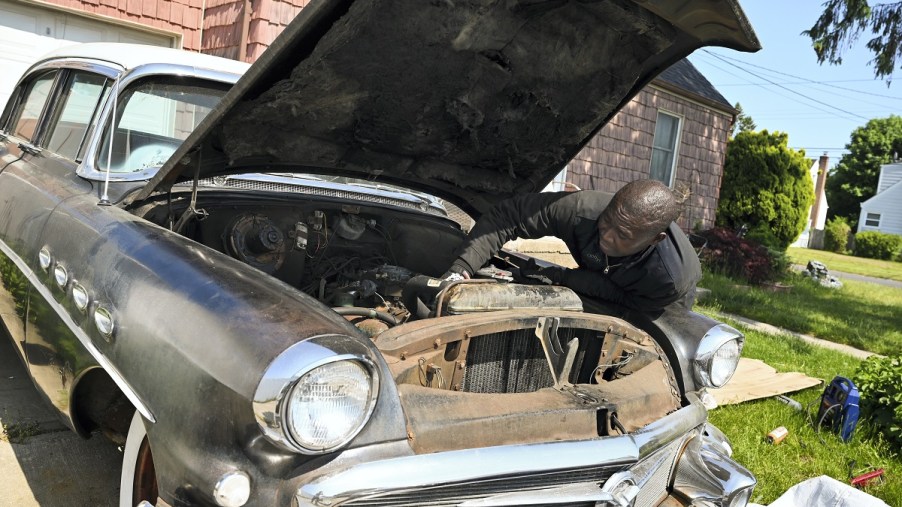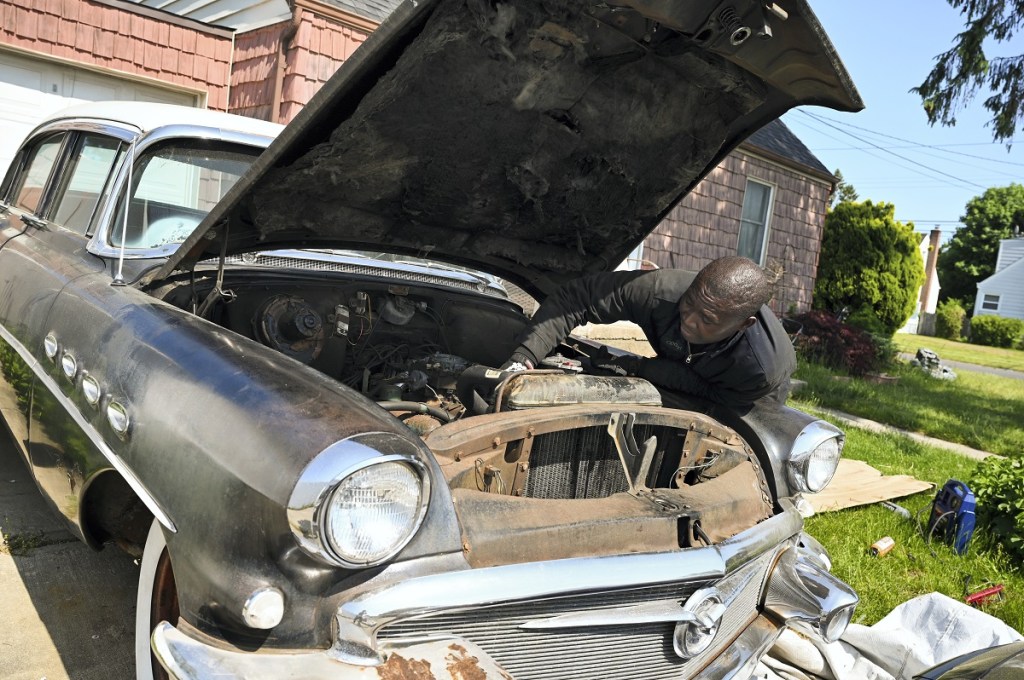
What Causes an Engine to Misfire?
What causes an engine to misfire, and how do you know if it’s happening to you? If you’ve ever been driving your vehicle down the street and had it suddenly feel funny – almost like it dies a little while you’re driving it – you may know what it feels like. Even with regular maintenance, you can have a problem. Why does this happen and how bad is it for your car?

What causes an engine to misfire?
An engine misfires when one of its cylinders doesn’t produce power, according to Cars.com. That’s that stalled feeling you may get for a second. There are a whole bunch of reasons why an engine can misfire, though some are certainly more common than others.
In the past, most engine misfires occurred because spark plugs would give out. That’s no longer the case, as most spark plugs are designed to last 100,000 miles. Technology has caught up to maintain the rest of the engine even as the spark plugs are going. This has resulted in way less engine misfires being caused by worn spark plugs. However, it does still happen, and old spark plugs can keep the engine from firing correctly.
Another possible explanation is a faulty fuel injector. If your vehicle’s fuel injector becomes clogged, then your engine will misfire. Or, sometimes your cylinder’s ignition coils fail, and there’s no spark to fire your engine in the first place. Your engine may also have a leak in one of its vacuum hoses, which basically causes your engine to become confused and not know how to fire correctly.
How do you know if your engine is misfiring?
It can be a confusing moment when it happens to a vehicle you’re driving. You may even wonder if you imagined it, or if you’re overreacting. If you think that your engine may be misfiring, it’s important to get it checked out as soon as possible.
Some of the signs that your engine might be misfiring are the aforementioned feeling above that your car has lost power or stalled for a second. It can be a brief blip, so don’t ignore it. When you first turn your car on or it’s otherwise sitting idle, your vehicle may shake a little bit, or it may feel funny because it isn’t operating as smoothly as usual. Other signs include your vehicle not accelerating the way it usually does, or shaking while it’s accelerating.
Your check engine light may come on, but it may not. Like karma chameleon, this may come and go (but your engine is dying). You also may go through more fuel than usual.
One of the most important things to remember is that just because your engine misfires (or you think it misfires) and then everything seems fine doesn’t mean that everything is fine. Misfires aren’t like worn brake pads, which get increasingly worse. Your engine can misfire here and there, all the while doing unseen (and very expensive) damage to your engine.
How can I (or my mechanic) fix an engine misfire?
As you might imagine, this will depend on what’s causing the engine to misfire. The first thing your mechanic will probably do (or you can, if you have a high-quality engine scanner) is read the codes your troubled engine is giving. From there, your mechanic will be able to either diagnose the problem or figure out where to go next.
It can be expensive to fix a misfiring engine, but it can be even more expensive not to. In some cases, if left unfixed, your vehicle’s engine will give up and die. Of course this is a very generalized explanation of how your engine will die its untimely death, but because it could happen due to a variety of causes, it pretty much sums it up. No matter what, if you suspect your engine is misfiring, it’s important to get it checked out right away.


